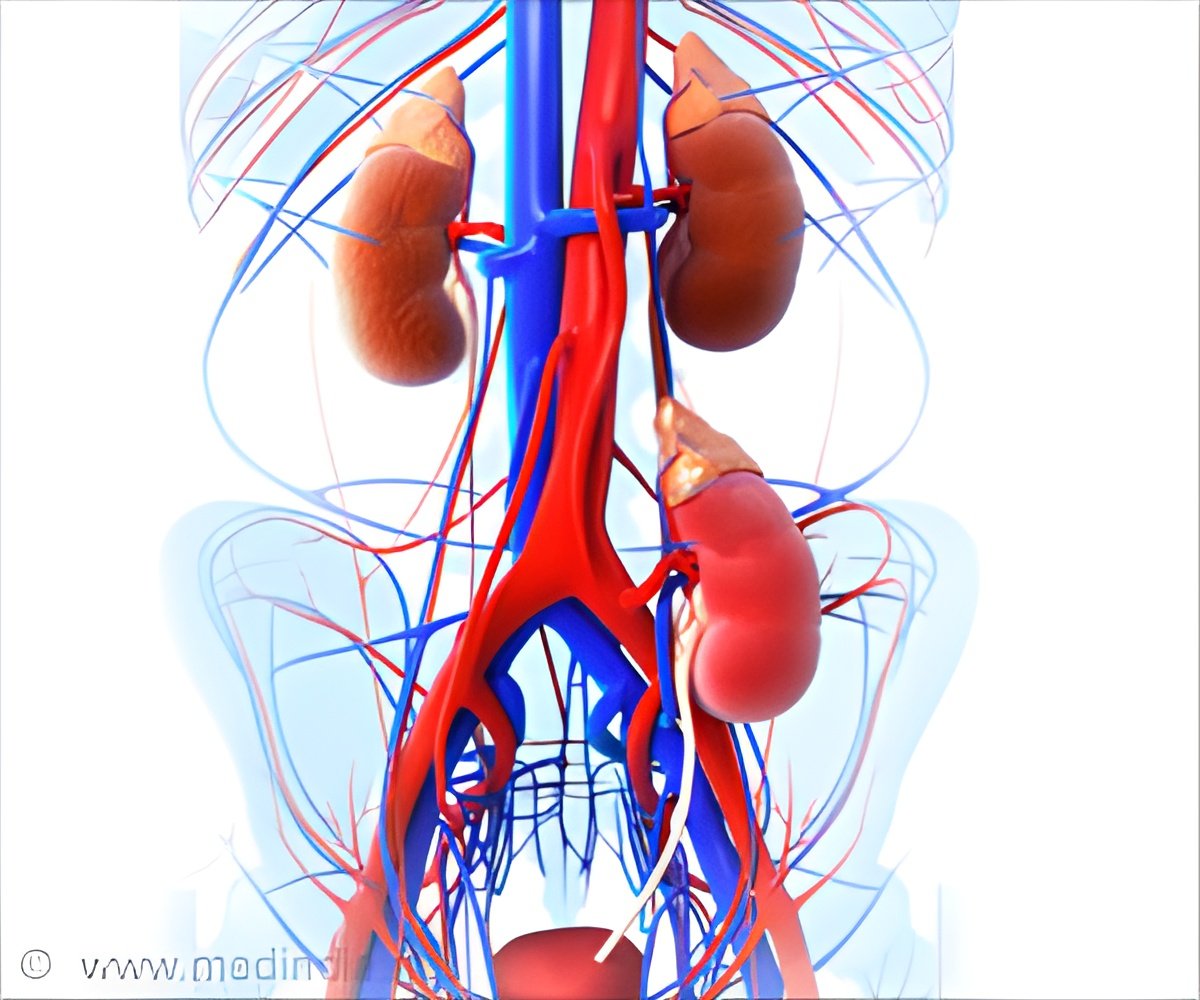Among patients with kidney failure, African Americans are 24% less likely tan whites to receive a kidney transplant.

‘Outreach and educational programs not only improve referrals for transplantation but also aids in reducing racial disparities.’





With the goal of not only improving referral for transplantation but also reducing racial disparities. Rachel Patzer, PhD, MPH (Emory University School of Medicine) and her colleagues conducted the Reducing Disparities in Access to kidney Transplantation (RaDIANT) Community Study, a randomized, dialysis facility-based, controlled trial involving 9000 patients receiving dialysis from 134 dialysis facilities in Georgia.During the study, dialysis facilities with either low transplant referral or racial disparities in referral participated in transplant education and engagement activities targeting dialysis facility leadership, staff, and patients.
For example, one intervention activity involved a non-profit organization (Georgia Transplant Foundation) that helped place patients who had previously received a transplant to go to a dialysis facility and talk with patients about their experience.
Compared with control facilities, facilities that adopted such activities had an increased likelihood of referring patients for kidney transplant evaluation over the following year. "We also found that intervention activities were more effective in getting African American patients referred for transplant compared with whites," said Dr. Patzer. "This resulted in a significant reduction in racial disparities in referral for transplantation."
In the intervention facilities, the proportion of African American kidney failure patients who were referred increased from 10% at baseline to 16% at 1 year, whereas referrals decreased from 11.8% to 10.0% in control facilities. Among white kidney failure patients, there was a small, non-significant increase in the average proportion of patients referred for transplantation (from 9.6% to 10.6%) in the intervention facilities vs. a drop from 7.8% to 7.0% in control facilities.
Advertisement
Source-Medindia















